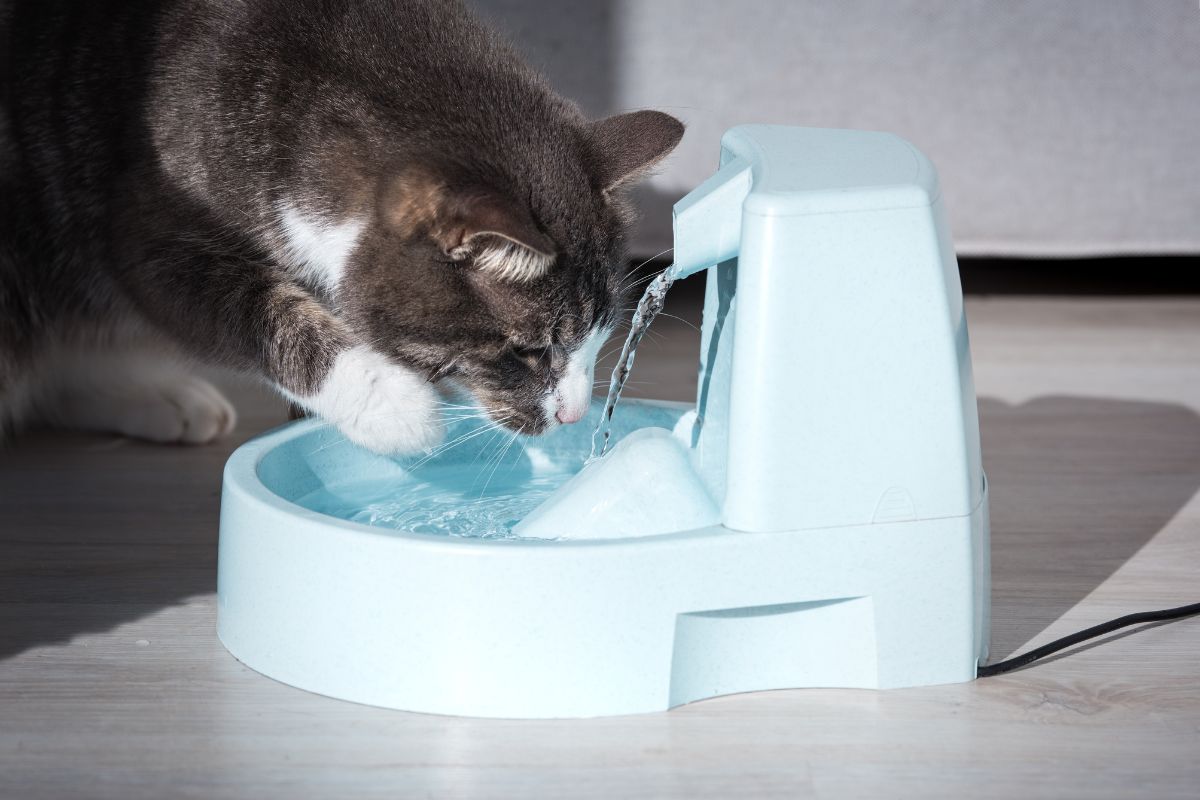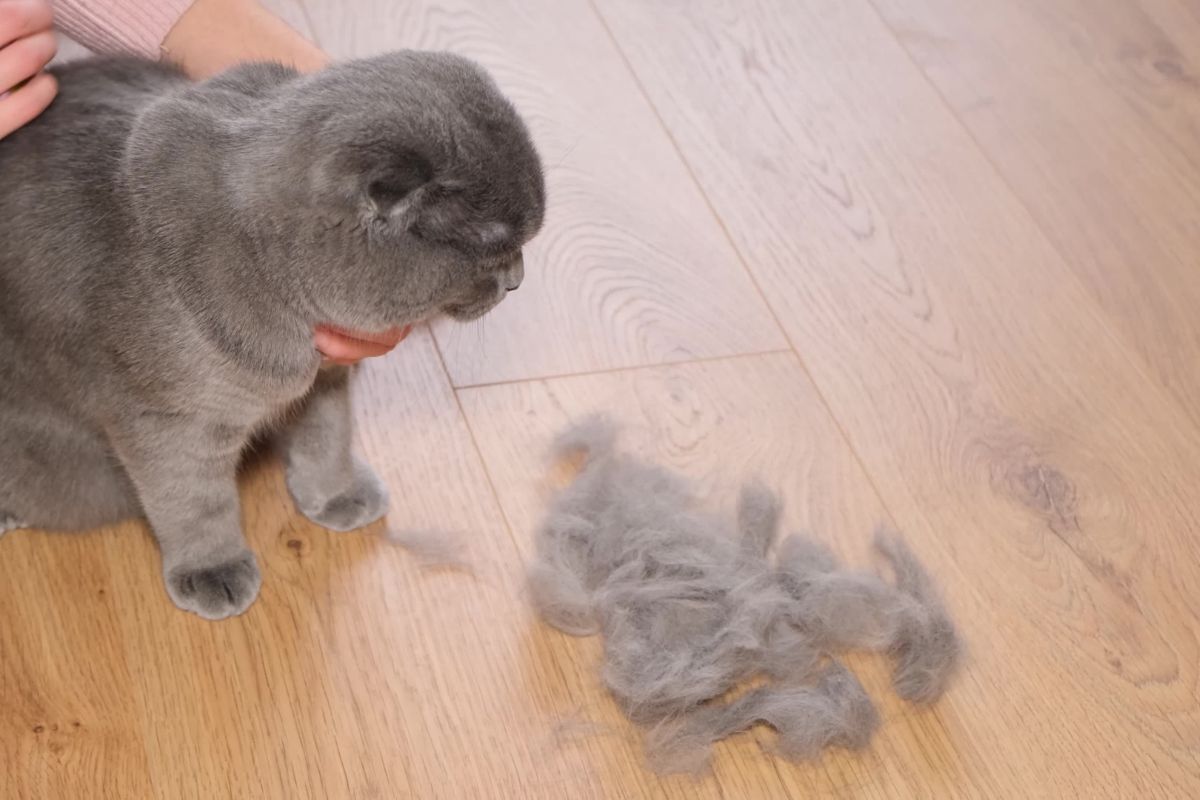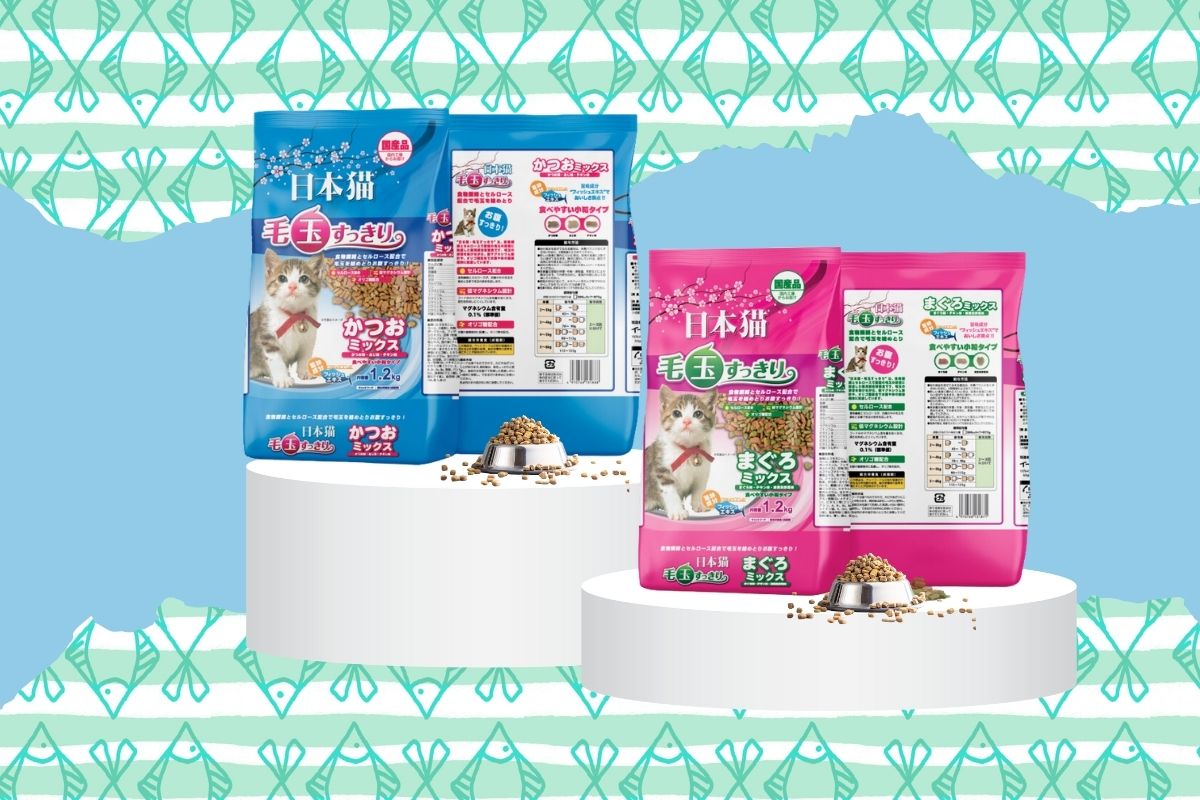Taking care of your cat's health requires attention to many aspects, of which diet plays a vital role. A nutritious and balanced diet will help your cat grow healthy, have soft fur and firm muscles, and limit health problems. So, how do you ensure your cat gets enough nutrients from its daily food? Let's explore the essential nutrients for cats and what you need to remember when choosing food for your pet.
Essential nutrients in a cat's diet
Cats are obligate carnivores, meaning they must consume animal protein to meet their nutritional needs. Each cat's meal needs to be balanced between nutrients such as:
- Protein: Supports muscle development, the immune system and overall health.
- Fats: Provide energy and maintain healthy skin and coat.
- Vitamins and minerals: Cats need vitamins such as A, D, E and B groups, along with minerals such as calcium, phosphorus, and zinc to support bones, teeth and the immune system.
- Water: An often overlooked but crucial nutritional factor.

Common problems when cats are malnourished
A poor diet can cause many health problems for cats. If you notice the following signs, your cat may be malnourished:
- Excessive hair loss and tangles: Inadequate nutrition causes the cat's coat to become less smooth and brittle. Fat and protein are two crucial factors that help maintain healthy hair.
- Poor overall health: Malnourished Cats can be prone to illness, have a weakened immune system and have less energy to exercise. Lack of vitamins and minerals can make cats more susceptible to disease.
- Decreased muscle mass: Lack of protein can weaken cats and cause them to lose necessary muscle mass.
If you notice these signs, you should adjust your cat's diet and look for more nutritious foods.

Considerations when choosing cat food
When choosing cat food, there are two main options: home-cooked or commercial. Each has its advantages but also requires a specific understanding.
- Home-cooked food: Cooking cat food at home can help you have complete control over the ingredients and quality of the food. However, to ensure adequate nutrition for your cat, you must carefully research and balance the amount of protein, fat, vitamins and minerals. Without the time or in-depth knowledge, it is easy to lead to a situation where your cat is malnourished or has excess nutrients.
- Commercial food: Industrial food explicitly produced for cats is a more convenient and safer solution. These products have been carefully researched for nutritional composition, ensuring that cats receive enough nutrients. In particular, Japanese-made nutritional foods are popular thanks to their high quality, helping cats maintain their health and preventing common problems such as kidney stones.
These products are often formulated to reduce minerals such as magnesium and phosphorus, helping to control the amount of minerals in the cat's body thereby preventing the formation of kidney stones - a common disease in adult cats.

See the product here:
- NIHONNEKO KATSUO MIX: Complete nutritional food for cats with skipjack tuna flavour
- NIHONNEKO MAGURO MIX: Complete nutritional food for cats with tuna flavour
Ensuring your cat receives adequate nutrition from daily food helps your pet thrive and prevents many potential health problems, including kidney stones. You can combine home-cooked food with high-quality nutritional food products to optimise your cat's diet and always remember to take your cat for regular health check-ups to protect their overall health.


 Vietnamese
Vietnamese  日本語
日本語  English
English 



